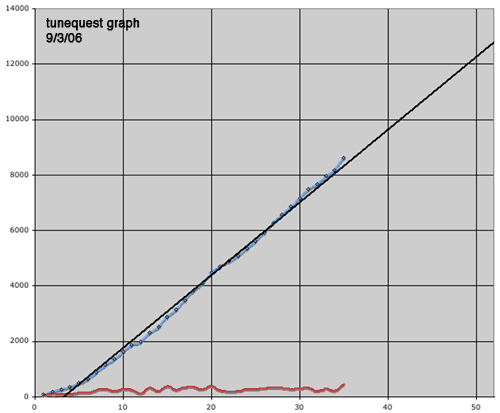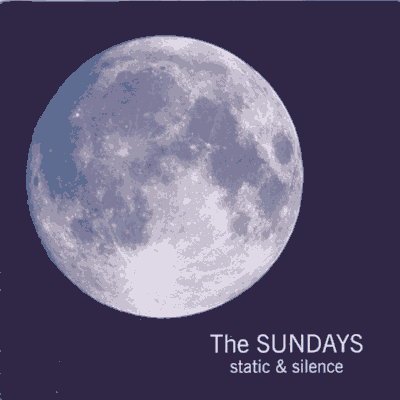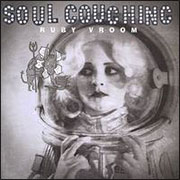This album is wonderful.
Year: 2006
Music for two pianos
Soul Coughing, by no means, peaked early…
In the Minority Report: Disappointment
Minority Report, the 2002 film and it’s accompanying score, are both somewhat disappointing. The normally spirited chemistry between Señor Spielbergo and his personal maestro, Johnny William-san, turns into a cinematic and orchestral mush.
Yeah, like the film, it’s dark and complex and quite technically proficient. But it lacks that certain gravitas that one expects from a Williams’ score.
This is surprising; the dystopian-future themes and settings of the previous year’s A.I. Artificial Intelligence would seem to lend themselves to further musical exploration. Yet, the score to A.I. is one of Williams’ all-time masterpieces while Minority Report is rather forgettable. It’s further surprising considering that the new-millennium has been a new golden age for the composer.
In the end though, I’ve had Minority Report for four years and I’m still struggling to appreciate it. Thus, i’m disappointed to say that this is one score that will soon be leaving my library.
Finding Statistics About Your iTunes Library

Anyone who has been reading the tunequest for a while knows that statistics, numbers, figures and graphs have played a large part in its progress. In fact, it was the discovery that 10% of my songs were responsible for 49% of my total play counts that prompted me to set out on this endeavor in the first place.
To this day, I’m still surprised by the lack of sophisticated options available for gathering and analyzing iTunes’ stored data. That XML file has been a statistical treasure trove since the day it started recording star ratings and play counts. You’d think that in the four years since, there would be a more mature market of programs to choose from.
However, 2006 has actually seen some positive developments in that regard. While there is still no killer app for iTunes stats, there are a number of solutions for parsing your XML file and learning more about your music, and yourself.
Insurrection = beautiful music
a new week, a new graph

a new ‘best week ever’ for the tunequest: 439 songs worth 25 hours of music. to celebrate, here’s a graph! the trendline still shows me being off target at the end of the year, but if i keep up the same pace, i’ll finish early.




